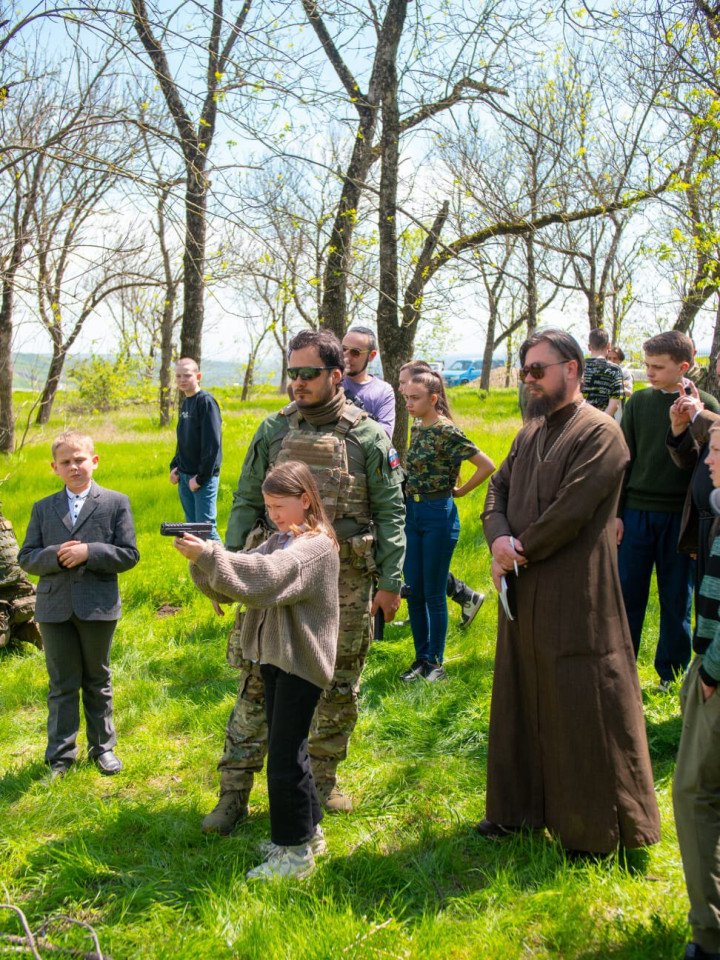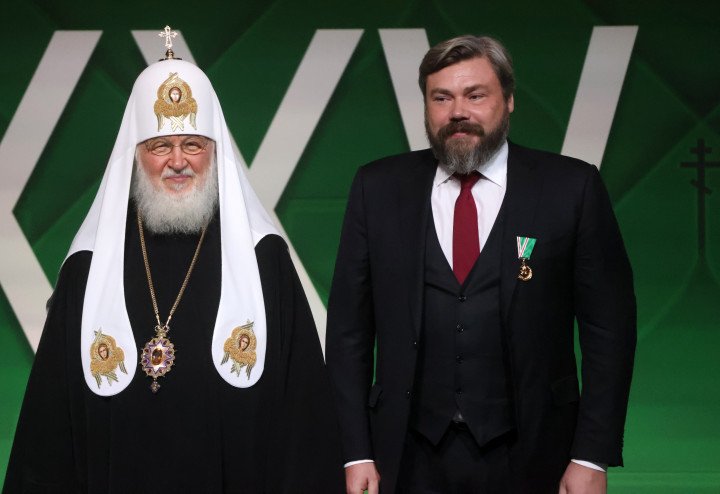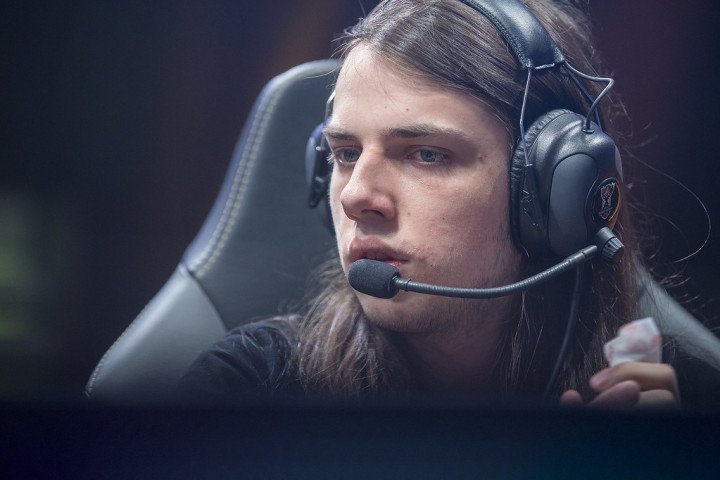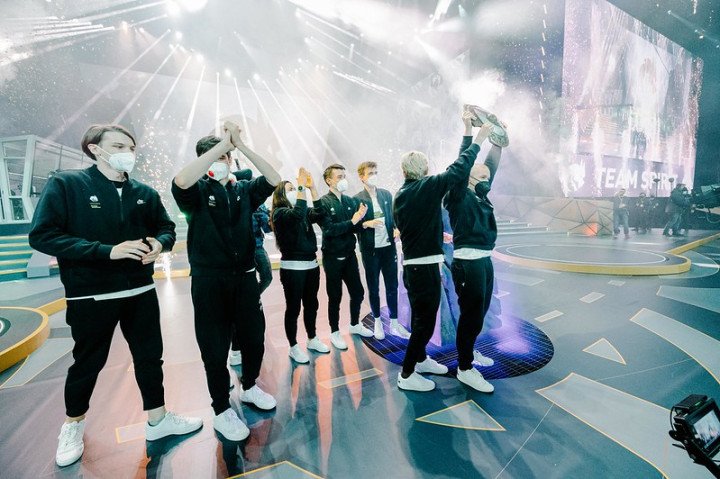In Russia, the popularity of esports is skyrocketing, bolstered by Putin's public approval. With significant sponsorships and substantial investments flowing into teams and tournaments from the state, favors must be made. Now, the Kremlin has plans for competitive gaming, aiming to cultivate a new generation of regime loyalists through esports.
In 2021, Russian leader Vladimir Putin congratulated “Team Spirit”—the Russian esports team—for its first-place victory at The International 2021, a major DOTA 2 tournament. Putin's attention to esports is not coincidental. According to a study by BCG, Russia is among the top five countries in terms of gaming content consumption worldwide.
Esports is extremely popular among children and young adults. According to a McKinsey report, Russian esports reaches 20.4 million people aged 13 to 40 (the total population of the Russian Federation is 146 million). Due to its rising popularity, esports in Russia receive proper support from both the government and private companies loyal to the regime.
However, the Russian authorities do not support esports solely out of altruistic motives. Today, esports in the Russian Federation have become another tool for militarizing society and patriotic (in the Kremlin's understanding) education of young people

Russian esports
In the fall of 2023, the first Orthodox esports school was opened in the Krasnodar Territory of Russia, in the city of Voznesenie, which is appropriately named "ВоZнесение." The letter Z, which in this case replaces the traditional letter of the Russian alphabet З in the name, is a symbol of Russia's invasion of Ukraine and is accordingly positioned as a symbol of support for the pro-government-anti-Western policy of the Russian authorities.
A year earlier, at the very beginning of Russia's full-scale invasion of Ukraine, the Russian Dota 2 team Virtus.pro was disqualified from the tournament because one of its members drew the letter Z on a map during an official match. Today, esports has become a tool for the Russian authorities to promote a militarized agenda among young people.
The goal of the Orthodox esports school is to keep the Orthodox Church relevant among young people and to familiarize them with the state security apparatus. At one of the school's events, priests and Russian soldiers took the opportunity to teach children of church parishioners how to shoot a gun and fly household drones.
The combination of religious education with e-sports and practical military skills will be introduced even in ordinary Russian schools starting in 2023. From September 1, 2023, the "Fundamentals of Life Safety" class will include courses on UAV design and piloting.
All of this happened on the personal instructions of Vladimir Putin and in partnership with the Russian Federation of Esports, whose president, Dmitry Smith (one of the first esports players in Russia), proposed creating "special military units" for conscripts who are engaged in Russian esports.

Orthodox oligarchs and the development of esports
One of the most prominent figures in the esports indoctrination program is Konstantin Malofeev, a Russian telecommunications, media, and agricultural tycoon known for his ultra-conservative views and close ties to the Russian Orthodox Church. Malofeev played an important role in the war in eastern Ukraine that Russia launched in 2014.
In 2014, Malofeev’s former consultant, Alexander Boroday, became the first head of the Donetsk People’s Republic, recognized as a terrorist group by Ukraine and sanctioned by the European Union and NATO countries. Malofeev himself did not hide the fact that he organized funding for the annexation of Crimea and the war in Ukraine's Donbas region.
Internationally, Malofeev was sanctioned by the European Union and the United States for supporting pro-Russian separatists in Ukraine. In 2014, the US Department of Justice named Malofeev as one of the main financiers of separatists in Crimea and Donbas, who sent money through the St. Basil the Great Foundation, which he heads.

His son, Kirill Malofeev, also known as "Likkrit," is a popular gamer, former Twitter streamer, and event organizer. Kirill, like his father, has been targeted by sanctions from the United States and Europe. However, this would not stop him from purchasing CrowCrowd multi-gaming. The media company was linked to the disappearance of crypto assets on one of the crypto exchanges that are commonly associated with Malofeev Senior.
In April 2022, Twitch blocked Kirill's account because he was sanctioned by Americans and Europeans in one of the first tranches. This prompted him to file a lawsuit against Twitch's parent company, Amazon, for 100,000 rubles ($1,000) and demanded that his account be reinstated. But this request was denied.
The younger Malofeev opened a second case in the Moscow Court of Appeal, which led to the seizure of 3 billion rubles ($35 million) worth of Twitch and Amazon's property in Russia.
This is not the first time that the Malofeev family has sued a major American tech company: Konstantin Malofeev sued Google, the parent company of YouTube, for blocking the channel of his media company, Tsargrad TV. Although such lawsuits have little legal substance, they are used as a tool for fighting against Western companies in Russia and for propaganda.

War and esports
Russia has many well-known esports teams, such as Virtus.Pro and Team Spirit, which have gained international recognition and success in various esports tournaments.
At the beginning of Russia’s full-scale invasion of Ukraine, the reaction of Russian esports organizations varied. Some organizations fully supported the "Special Military Operation," while others chose to remain silent and ignore the situation. Several well-known Russian streamers and players have faced bans and sanctions for publicly supporting or associating with participants in the war.
Despite international problems with the admission of Russian esports players, the Russian esports scene receives significant funding from both private sponsors and the state, and Putin's public support has taken Russian esports to new heights. In the fall of 2023, he instructed tech companies and government organizations to support esports.
In 2022, The International Federation of Esports banned the Russian Federation of Esports, forcing individual participants to compete under a neutral flag, like the Olympic Games, but in August 2023, the ban was lifted by a vote of 70 delegates from around the world.
The removal of the ban allows Russian teams to travel abroad, participate in global competitions, and potentially use these platforms to spread pro-Russian narratives while gaining significant prize money from tournament prize pools and having the support of the Russian government, which uses the popularity of esports for its "unsportsmanlike" purposes.
This story was written in partnership with the Center for Countering Disinformation.

-ff34df043b4f94b5e9cf733f1811e8b1.jpeg)
-35249c104385ca158fb62273fbd31476.jpg)


-554f0711f15a880af68b2550a739eee4.jpg)



-206008aed5f329e86c52788e3e423f23.jpg)